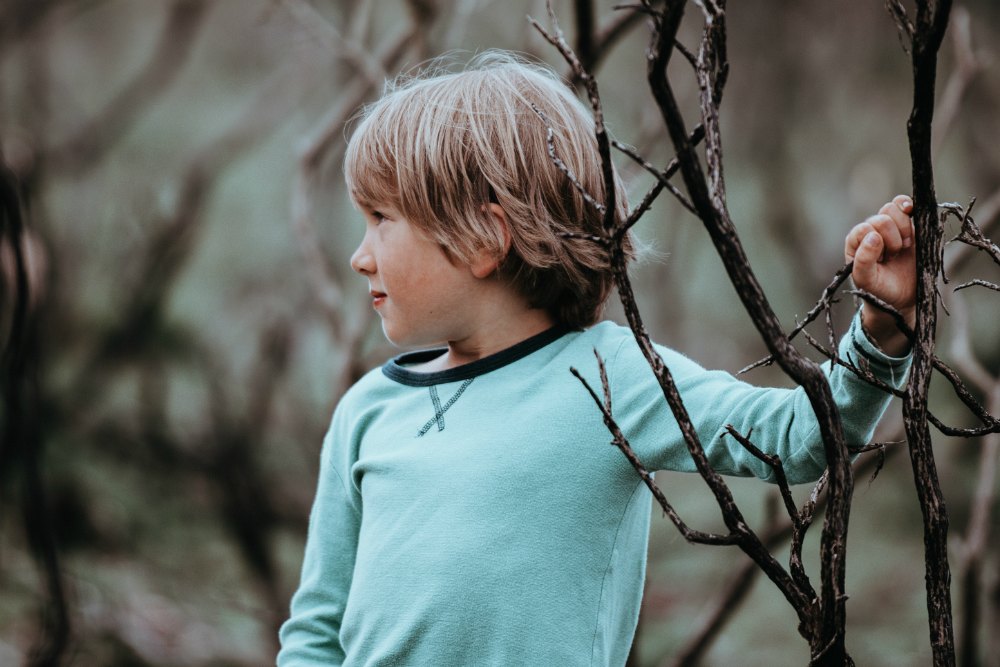Boundaries are our way of protecting and looking after ourselves. They are the secret gatekeepers to our souls, keeping the good in and the not-so-good out. But why does your child crave them? Boundaries help your child thrive by teaching them responsibility, security, consequences, respect, and emotional regulation.
What Children Can Learn From Boundaries.
-
Responsibility
Boundaries teach children that they are the only ones in control of their own behavior. To do this, allow the consequences of their choices to follow them. Give your child the advantage in life by giving them the space to ask for something they want. Even though they may not get it. Whenever you can, allow them to talk about their frustration and sadness without jumping to fix it for them. Feeling frustrated and sad are not “bad” feelings. But making them feel like they are bad, will stop your child from expressing themselves.
If your child can take responsibility for her own feelings and needs, she will learn how to meet those needs too. She will learn that her failure and her success (because one leads to the other!) is because of her own initiative. Your instinct will be to immediately scoop her up and save her, but ‘saving’ her will only mean over-dependence on you and a lack of responsibility for herself. Support her, and be there with her, but give her the opportunity to discover her own resilience and resourcefulness.
-
Security
Right from when children are little, they will give you signs when they are anxious or distressed. Being able to say no from a young age gives them the power over their own voices. The best thing you can do for them is to respect their choices. To nurture this, respond in a way that shows you support your child, even though you might not agree with them. Allow your child the space to say no while still giving her your love and acceptance. This will allow them to learn that it is okay to be themselves and have their own opinions. Being able to say no within their own families, will help them do the same with peers or at work when they are older.
-
Consequences
Children need to have a sense of direction in their lives. When you give your child a choice, you give them the power of that choice too. You give them a sense of authority and control, even if it is a simple choice of what color bowl they want for breakfast.
Help them feel confident in the decisions they make now. They will draw on this same confidence again when deciding bigger issues as they grow older. Be patient. Give your child the opportunity to make mistakes and learn from them too.
-
Respect
Have you ever been around a child (or anyone for that matter) who can’t accept the word “no”? The child knows that if she pushes the right buttons, one parent will be likely to say yes. Learning that no means no, is a great lesson in having empathy for others. Being able to see things from someone else’s perspective is a gift. Children need to know that their behavior always has a consequence and that their actions can be hurtful. Understanding that “no” means “no” when it comes to that candy car, will help your child respect the “no” that comes from running a budget, obeying the law, doing the ‘right’ thing.
-
Regulating Emotions
It isn’t easy for children to make their big feelings, feel not so big. Temper tantrums are the direct result of letting big feelings take over completely. As children get older, they learn how to talk about their needs through conversations with you. Learning how to regulate their emotions, can also lead them to be patient in getting what they want. They learn how to cool off on their own and how this in itself, has a reward down the line for them. This teaches them how to have a goal in life, and to enjoy the reward of that goal when they reach it.
To encourage this, accept your child’s feelings, even when it’s inconvenient for you. Encourage your child to feel as mad as she wants, but make sure she knows that she cannot hit someone else when she feels that way. Praise her for a job well done and help her choose her own reward as a result of managing her big feelings on her own.
Teaching your child how to set boundaries and respect the boundaries of others can be a challenge. Give your child the advantage in life by teaching them how to identify their needs, and how best to meet them. You are your child’s best role model. Your clear and consistent boundaries will teach your child exactly how they can do the same for themselves.
About the Author: Carla Buck
 Carla Buck, M.A., is a writer, mental health therapist and global traveler having traveled to more than 75 countries worldwide. She has experience working with children and their parents all over the world, having lived, worked and volunteered in Africa, North America, Europe and the Middle East. Carla is the creator of Warrior Brain Parenting, helping moms and dads confidently raise their secure and calm children.
Carla Buck, M.A., is a writer, mental health therapist and global traveler having traveled to more than 75 countries worldwide. She has experience working with children and their parents all over the world, having lived, worked and volunteered in Africa, North America, Europe and the Middle East. Carla is the creator of Warrior Brain Parenting, helping moms and dads confidently raise their secure and calm children.
You can visit her website and learn more at https://www.warriorbrain.com or join the Warrior Brain Parenting community on Facebook at https://www.facebook.com/groups/warriorbrain/



Leave a Reply